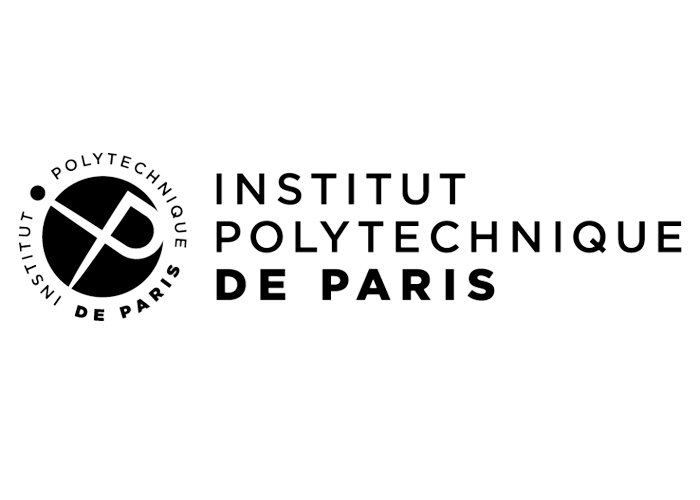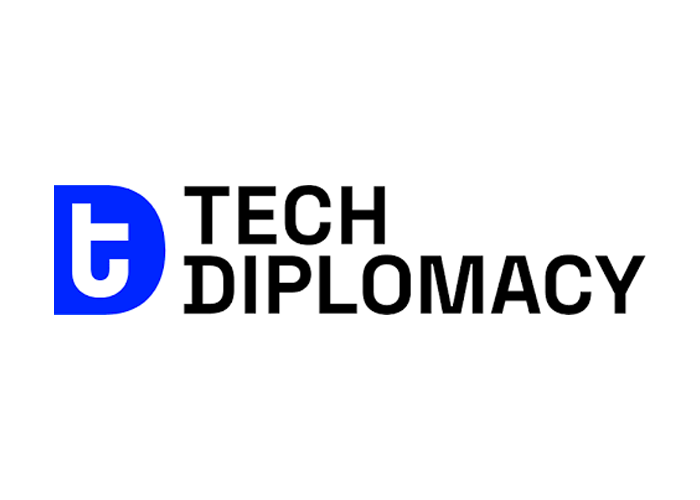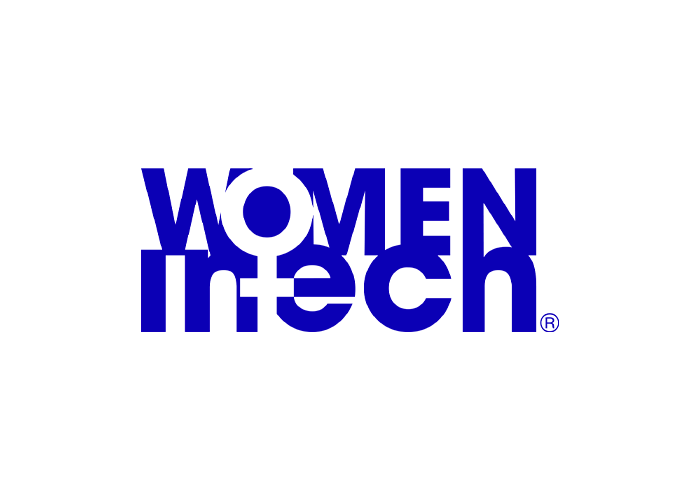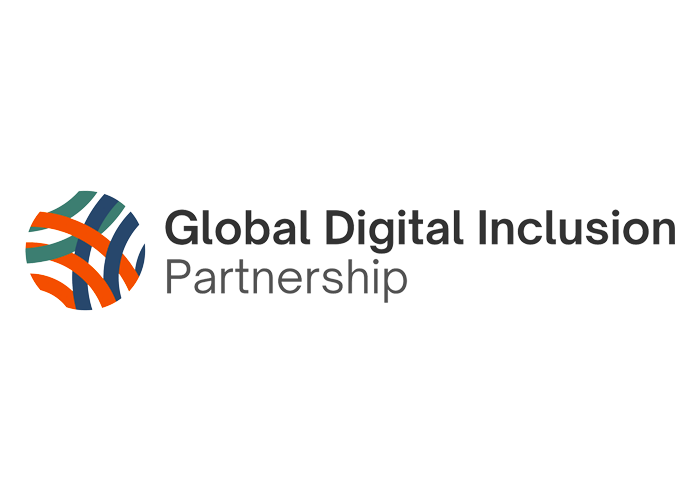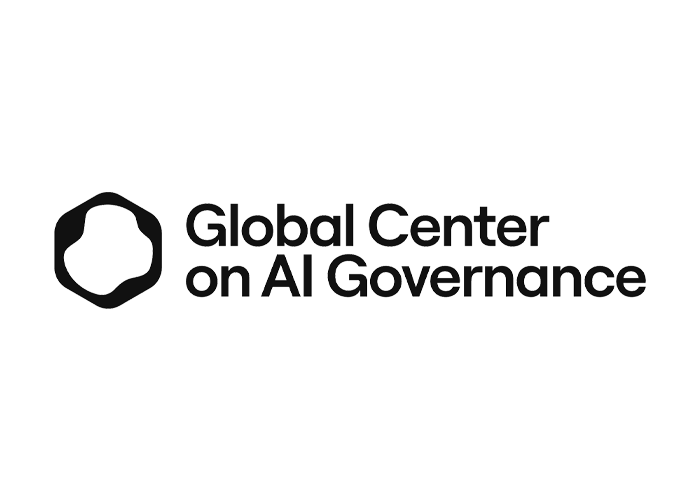What We Do
Advancing Tech Diplomacy Through Action
We establish Tech Ambassador positions, convene global leaders, provide strategic guidance, and build capacity—ensuring every nation can participate in shaping our digital future.
Our work bridges the gap between innovation and diplomacy through four interconnected pillars:
1. Tech Ambassador Initiative
We work with governments to establish Tech Ambassador positions – senior diplomatic representatives dedicated to technology and innovation diplomacy at the highest levels of foreign policy.
2. Global Convenings
We host the annual Global Tech Diplomacy Forum and regional convenings bringing together ministers, ambassadors, tech leaders, and policy experts.
3. Capacity Building
We train diplomats in technology and technologists in diplomacy—building the expertise both governments and industry need to navigate AI governance, cybersecurity, data flows, and digital trade.
4. Research & Advisory
We produce cutting-edge research on tech diplomacy trends and provide strategic advisory services to governments navigating digital transformation.
1. Tech Ambassador Initiative
We work with governments to establish Tech Ambassador positions—senior diplomatic representatives dedicated to technology and innovation diplomacy at the highest levels of foreign policy.
The Challenge:
Only ~20 of 193 nations have appointed Tech Ambassadors, leaving 170+ countries without dedicated diplomatic capacity for the digital age. This representation gap means critical decisions about AI governance, cybersecurity, data flows, and digital trade are being made without 89% of the world’s input.
Our Role:
We partner with governments to design, launch, and support Tech Ambassador appointments—from role definition to candidate identification to institutional integration.
What We Provide:
Role Design & Mandate Definition
Working with foreign ministries and digital agencies to define the Tech Ambassador’s portfolio, reporting structure, decision-making authority, and diplomatic status. We help governments determine whether the role sits within the Foreign Ministry, Digital Ministry, Prime Minister’s Office, or operates as a cross-ministry coordinator.
Candidate Identification
Supporting governments in identifying qualified candidates who combine diplomatic experience, technical expertise, and the political acumen to operate at senior levels. We provide assessment frameworks and facilitate introductions to proven Tech Ambassadors.
Institutional Integration
Helping governments build the infrastructure around the Tech Ambassador role—including advisory councils, interministerial coordination mechanisms, relationships with tech companies and civil society, and connections to multilateral forums.
Ongoing Support & Network Access
Once appointed, Tech Ambassadors join our global network of 150+ ambassadors (target by 2027), gain access to our 90+ Expert Council members, receive priority invitations to diplomatic sessions and policy briefings, and can request strategic advisory support on specific challenges.
Our Track Record:
We are working with governments across Africa, Latin America, Middle East, and Asia-Pacific to establish new Tech Ambassador positions. Our guidance has informed role design in multiple countries, and we provide the institutional home that connects isolated ambassadors into a coordinated global network.
Priority Focus:
We prioritize support for Least Developed Countries (LDCs) and developing nations, ensuring the global Tech Ambassador network reflects geographic, economic, and cultural diversity—not just the interests of technological superpowers.
2. Global Convenings
We host the annual Tech Diplomacy Global Forum and regional convenings bringing together ministers, ambassadors, tech leaders, and policy experts.
Tech Diplomacy Global Forum
The world’s premier annual gathering for Tech Ambassadors and digital policy leaders.
- Inaugural Forum: June 18, 2025 at UNESCO Headquarters, Paris
- Scale: 1,000+ leaders | 400 in-person delegates | 600 virtual participants
- Format: High-level panels, bilateral consultations, treaty negotiations, policy workshops
The Forum is where dialogue becomes action—ministers negotiate frameworks, ambassadors forge partnerships, and the tech diplomacy agenda for the year ahead is set.
Regional Policy Labs
Intensive workshops addressing region-specific challenges—from digital infrastructure to cross-border data flows to AI regulation.
Each lab brings together 40-60 government officials, tech executives, and policy experts for 2-3 days of deep work—producing actionable recommendations and regional coordination mechanisms.
Other Convenings:
- Ministerial Roundtables: Closed-door discussions for ministers and senior officials to negotiate frameworks and bilateral agreements
- Tech Company Dialogues: Facilitated conversations between governments and major tech platforms on content moderation, data localization, taxation, and accountability
- Expert Council Working Groups: 90+ members convene quarterly in thematic groups (AI Governance, Cybersecurity, Data Governance, Digital Finance, Quantum Computing) to develop frameworks
Why Our Convenings Work:
✓ Neutral platform with no hidden agendas
✓ Diplomatic infrastructure with proper protocols
✓ Multistakeholder design (government, industry, academia, civil society)
✓ Action-oriented with concrete outputs (frameworks, MOUs, commitments)
✓ Permanent coordination mechanism, not one-off events
3. Capacity Building
We train diplomats in technology and technologists in diplomacy—building the expertise both governments and industry need to navigate AI governance, cybersecurity, data flows, and digital trade.
Two Executive Certificate Programs for Two Audiences:
Tech Ambassador Executive Certificate
For senior diplomats, government officials, and Tech Ambassadors who need deep technical expertise.
Curriculum:
• Module 1: Technology Fundamentals & Governance
• Module 2: Diplomatic Strategy & Multilateral Engagement
• Module 3: National Strategy & Implementation
Format: 120 hours | 3-4 months | 3 intensive week-long modules
Includes: Site visits, case studies, simulations, Expert Council access, capstone project (national tech diplomacy strategy)
Certificate: Tech Diplomacy Institute
Tech Diplomacy Professional Certificate
For tech executives, engineers, and startup founders who need diplomatic skills to navigate governments and shape policy.
Curriculum:
• Module 1: Industry Context & Regulatory Landscape
• Module 2: Multilateral Engagement & Treaty Dynamics
• Module 3: Global Regulatory Navigation
Format: 120 hours | 3-4 months | 3 intensive week-long modules
Includes: Site visits, case studies, simulations, Expert Council access, capstone project (corporate tech diplomacy strategy)
Certificate: Tech Diplomacy Institute
4. Research & Advisory
Research
Our Tech Diplomacy Innovation Lab produces evidence-based analysis that informs national strategies, international treaties, and institutional reforms.
Flagship Publication: The Tech Ambassador Gap Report—tracking appointments globally, analyzing institutional models, documenting best practices.
Advisory
We provide strategic support to governments building tech diplomacy capacity and developing national strategies.
What We Advise On:
- National Tech Diplomacy Strategies: Multi-year roadmaps, gap assessments, priority-setting aligned with national goals
- International Negotiations: Preparation for multilateral forums (UN, G20, ITU), bilateral tech agreements
- Policy Development: AI governance, data protection, cybersecurity, digital trade, platform regulation
- Institutional Capacity: Ministry training, cross-ministry coordination, advisory councils, knowledge systems
Our Approach:
We don’t impose one-size-fits-all solutions. Every engagement begins with deep listening—understanding your country’s unique political economy, technological capabilities, and strategic objectives. We co-create solutions that are politically viable, technically sound, culturally appropriate, and financially sustainable.
Engagement Models:
- Rapid Assessment (4-6 weeks)
- Strategy Development (3-6 months)
- Implementation Support (12-18 months)
- Ongoing Counsel (retainer-based)
Our Partners


